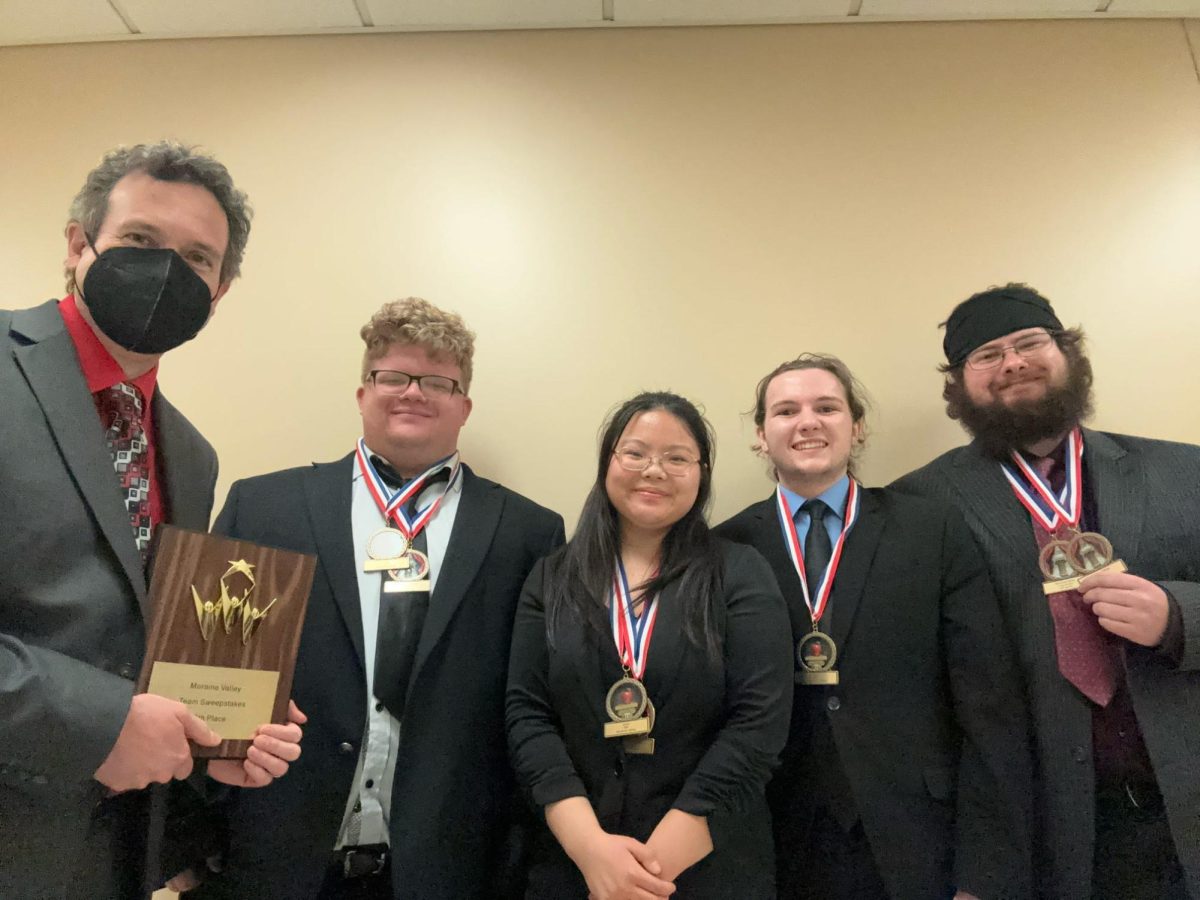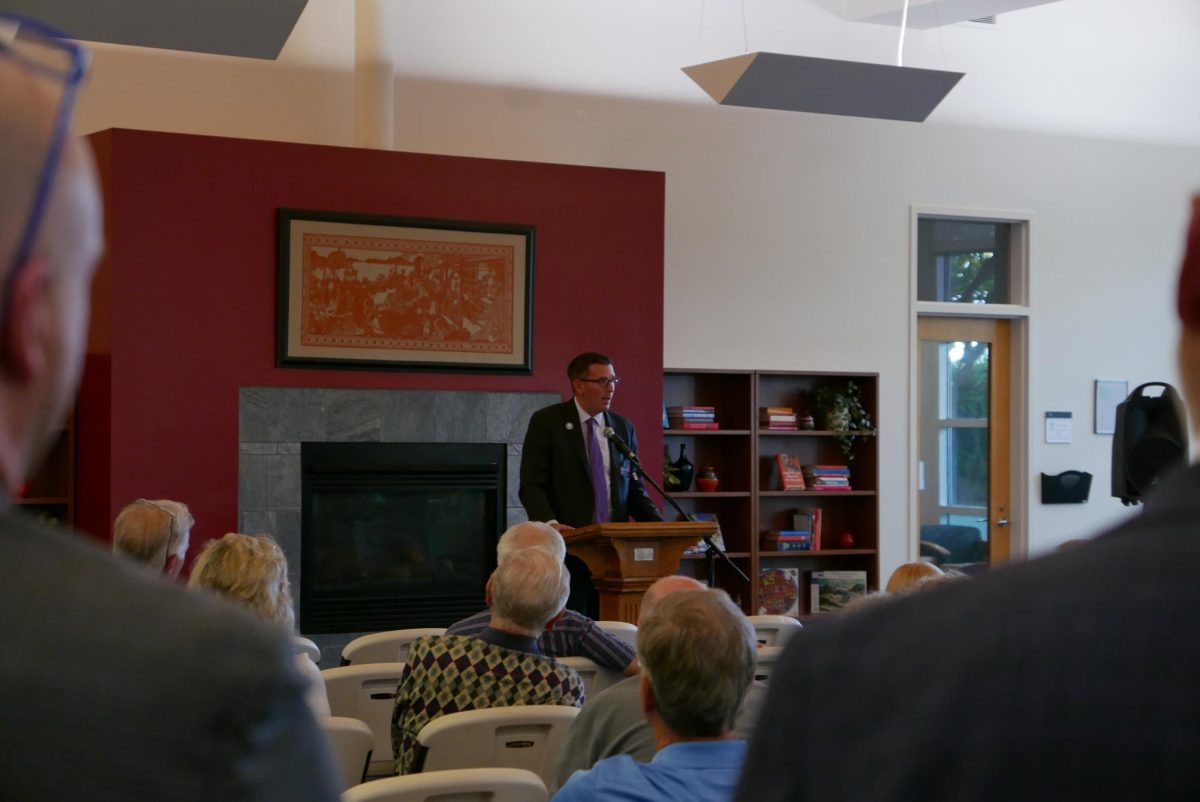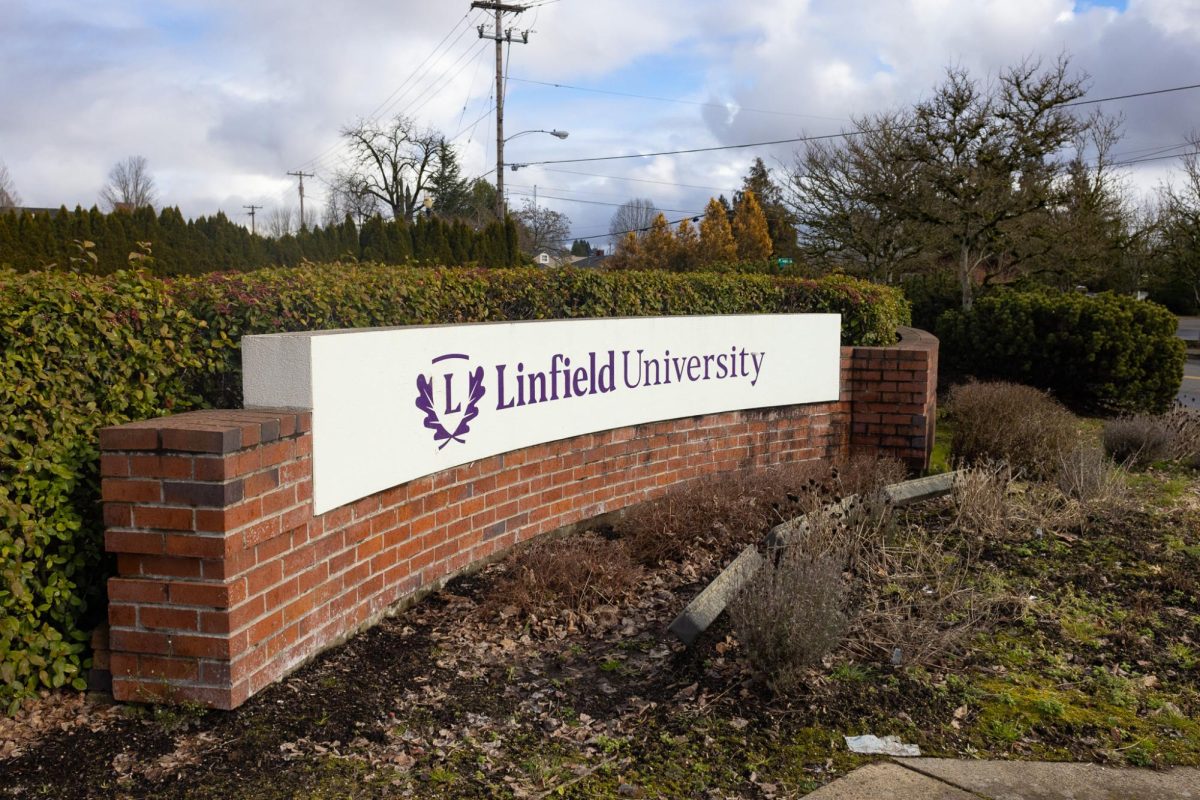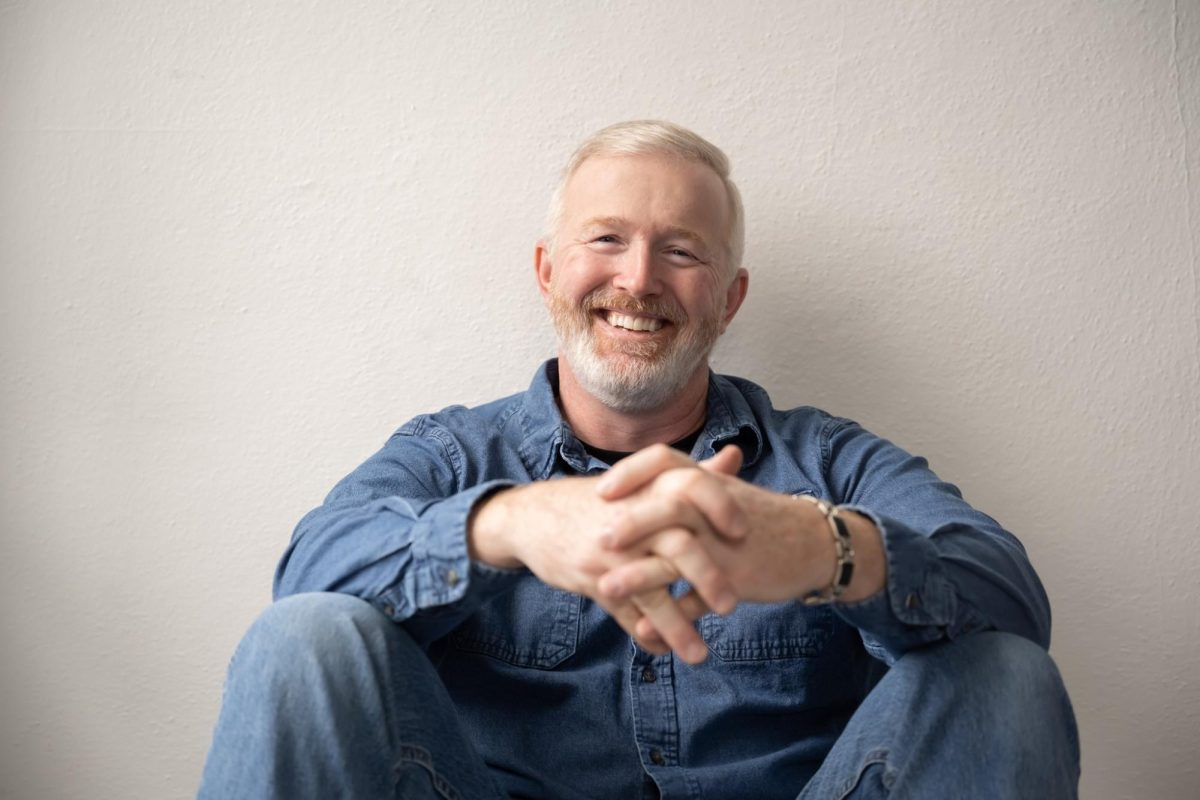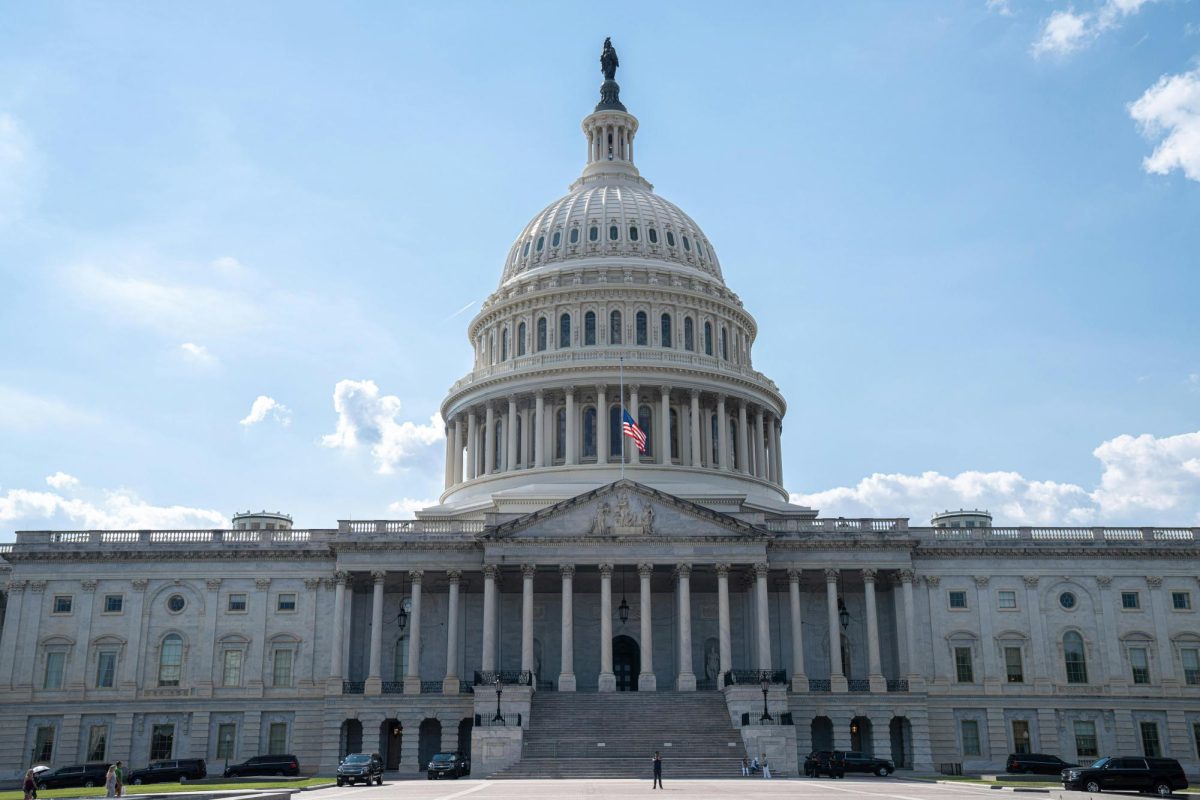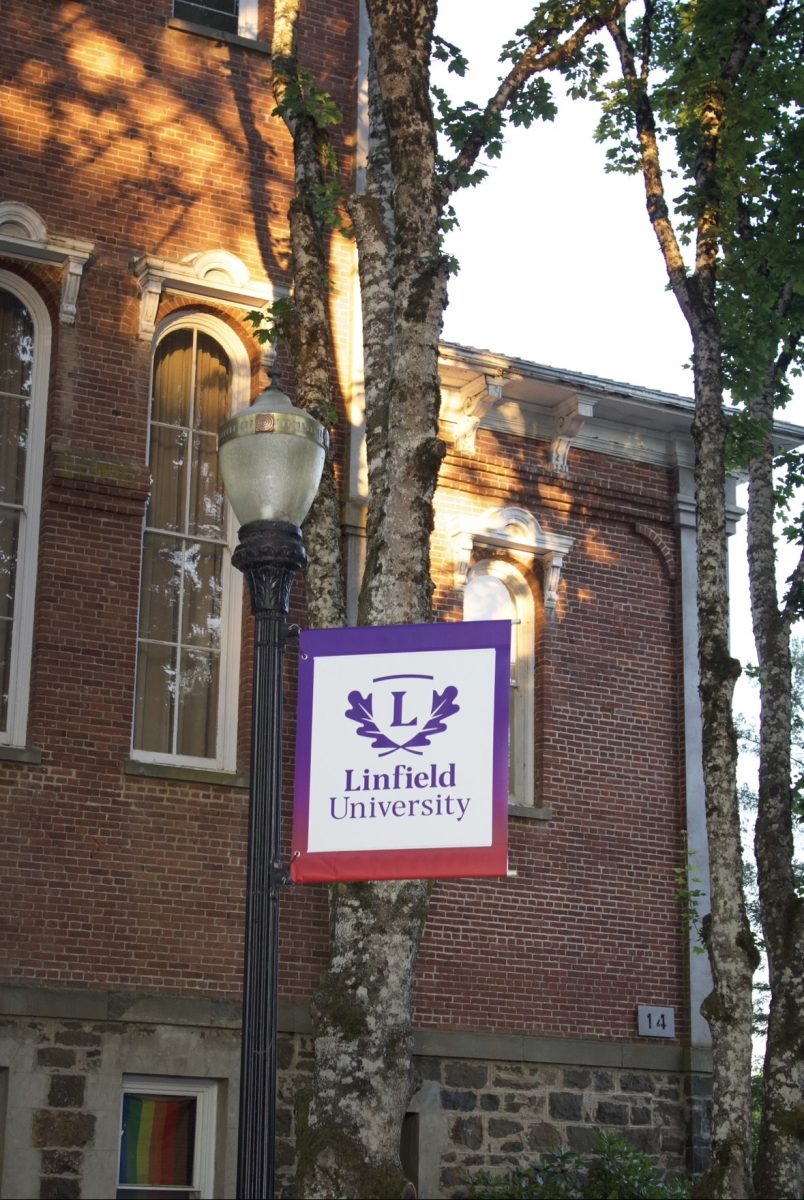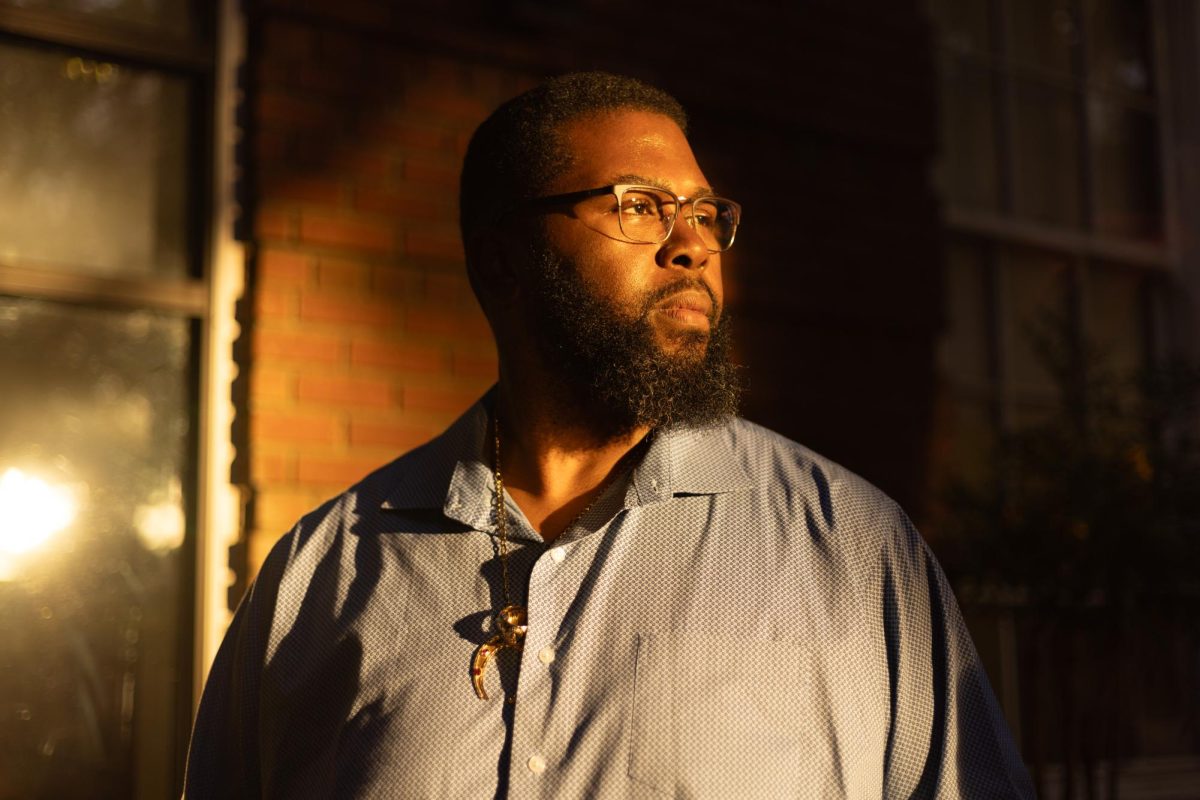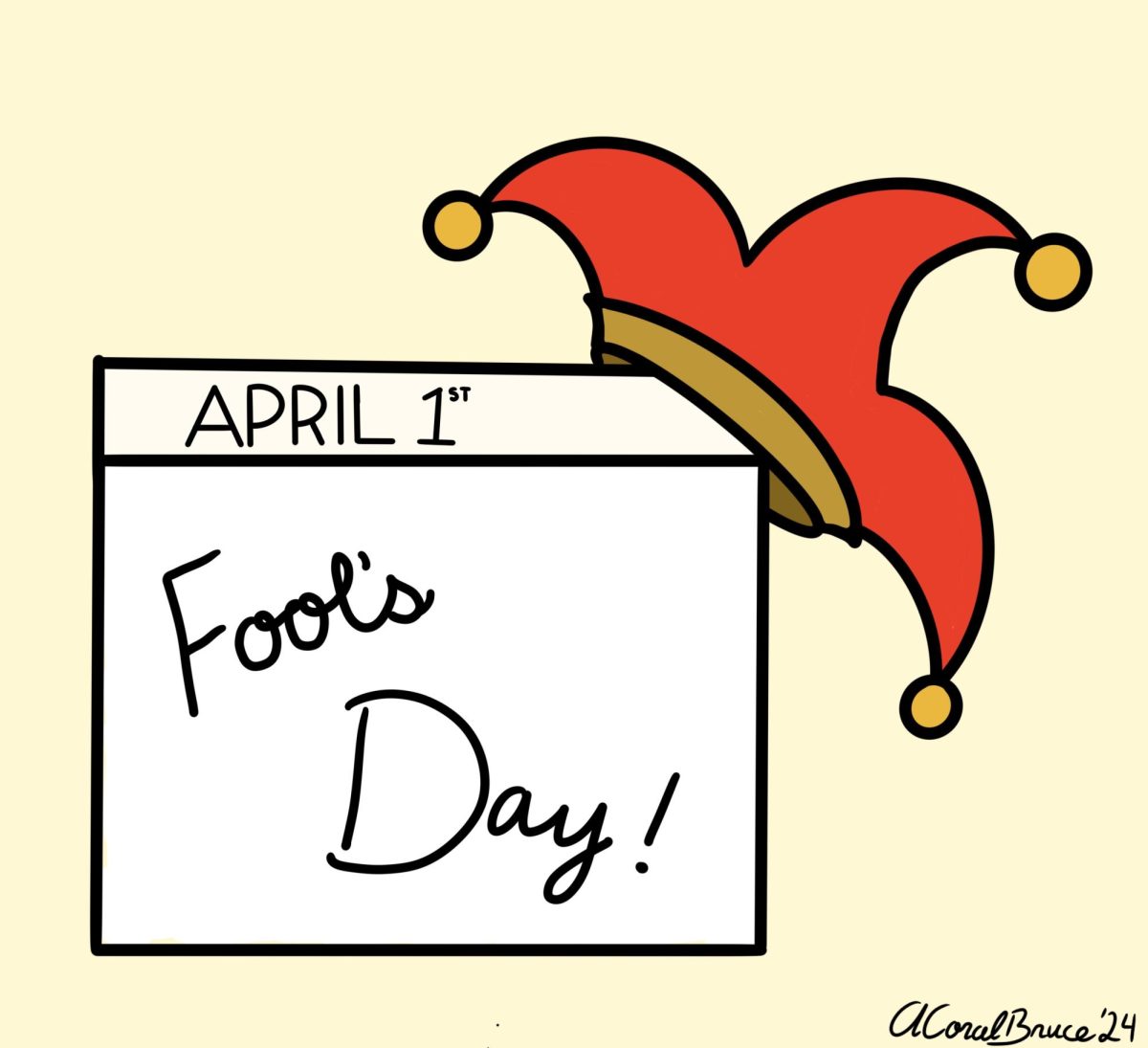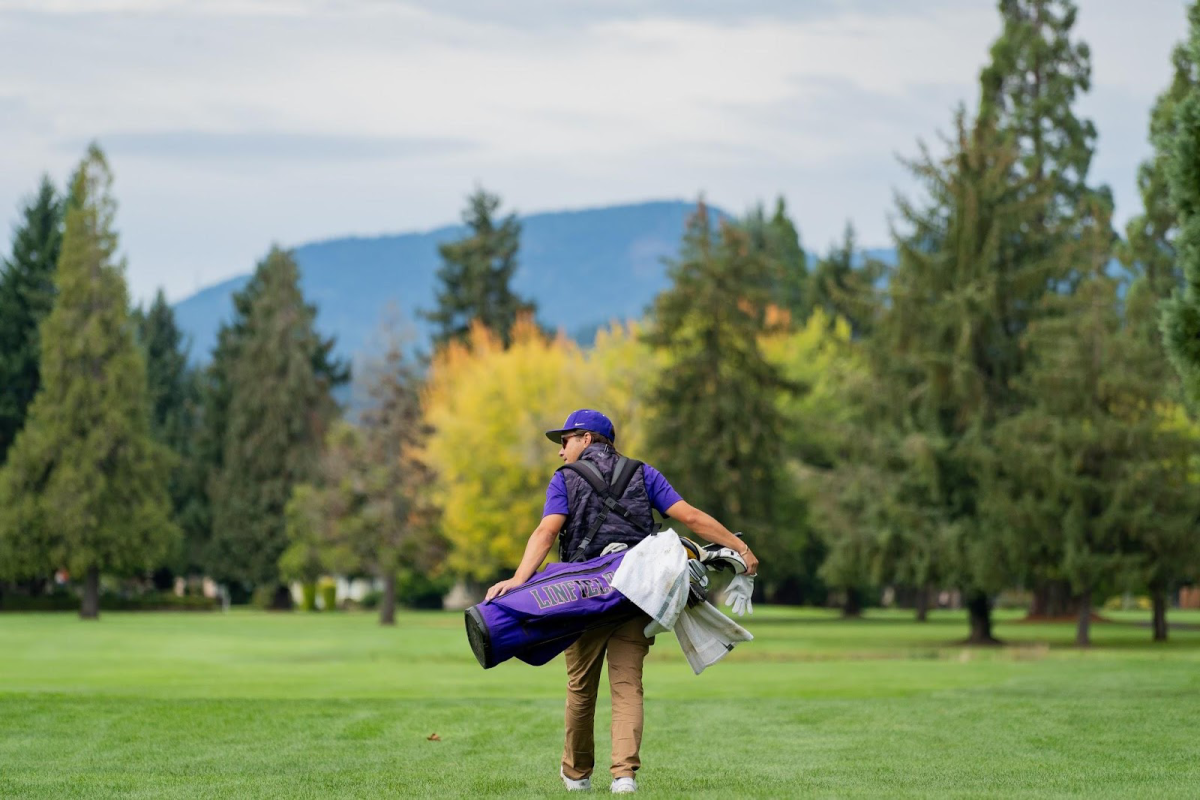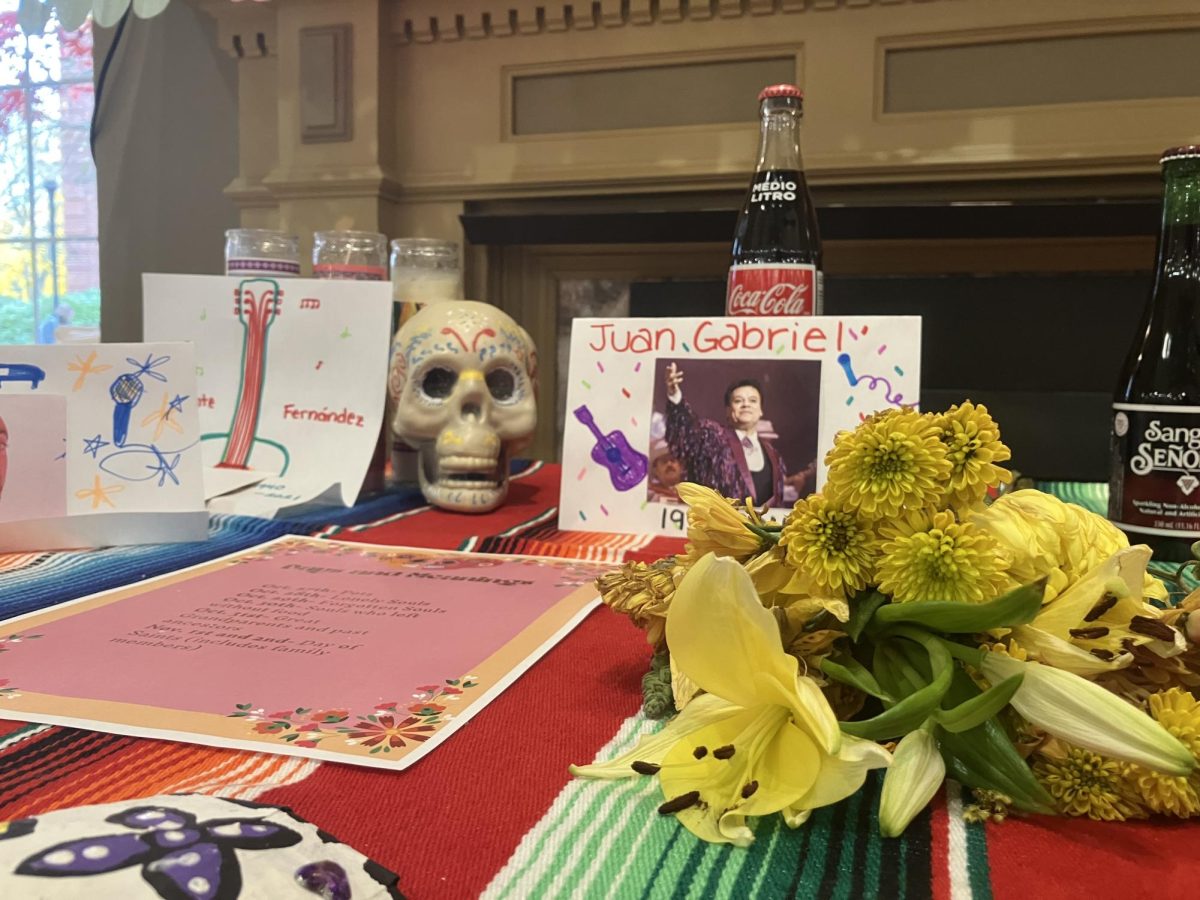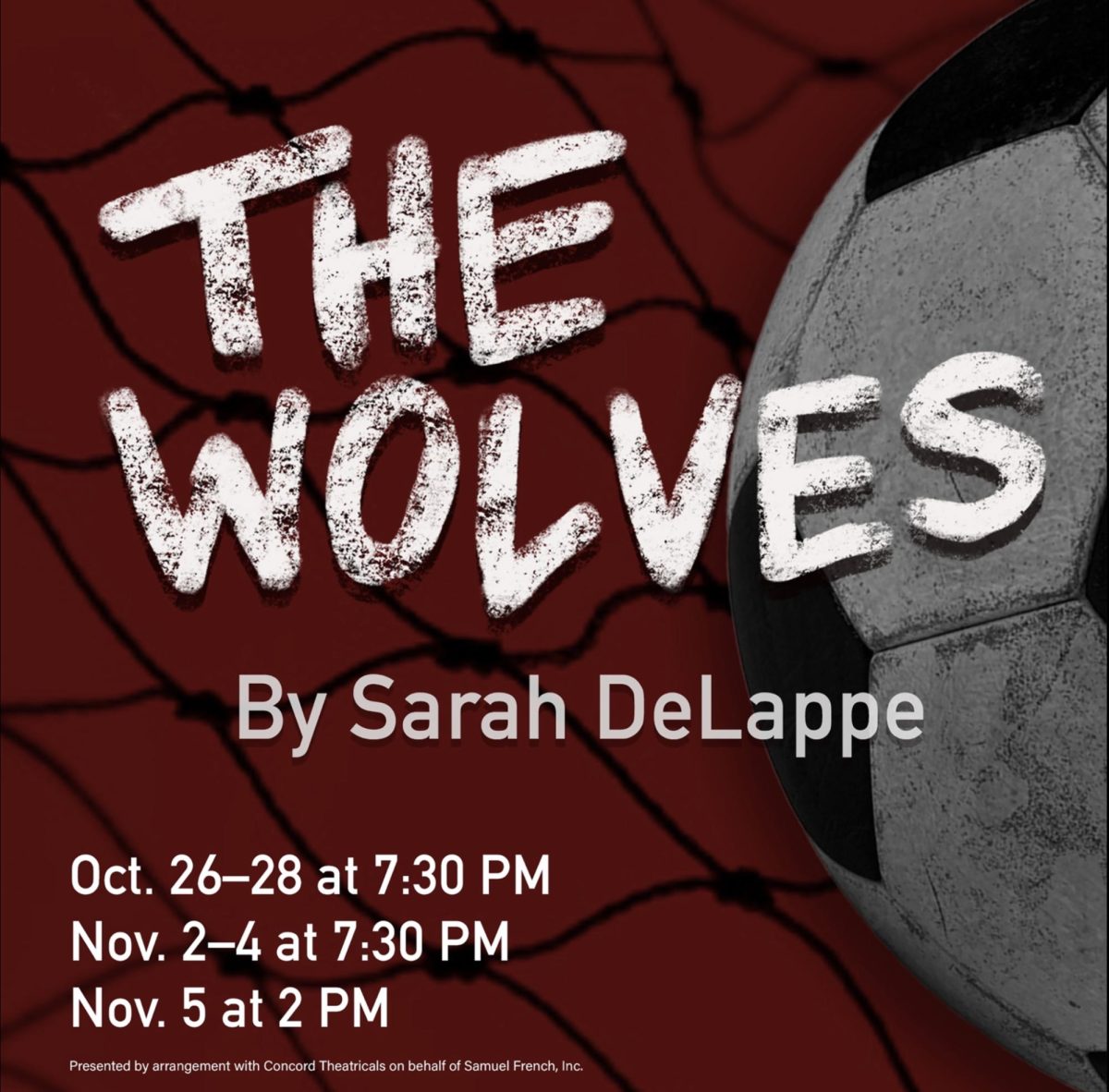Forensics. It is a word commonly associated with crime dramas like “Bones”, the investigators in a true crime podcast and murder. However, there is one more thing forensics can be associated with; speech and debate. The team, led by Dr. Jackson Miller, competes across the western United States in speech and debate competitions.
They compete in events ranging from Dramatic Interpretation, an event where a competitor interprets a script to portray a message, to Persuasive, an event where a competitor tries to convince the audience of something, to debate events like British Parliamentary, where four teams of two competitors compete to debate two sides of an issue.
The activity gives competitors a platform to communicate about things they care about, and to discuss some of the most pressing issues on the planet. Topics the team is discussing this year range from roman concrete, generational trauma, and in the words of philosophy major Ethan Smith: “Aristotle bad”.
The typical speech and debate tournament begins with waking up at 6:30 a.m. for a competition, groggily get some hotel breakfast (which is incredibly hit or miss), and load up into a van. The first round of the tournament is usually at 8a.m., and with some divine blessing of energy, our speechie friend has an energetic first round and does well.
Rounds continue throughout the day with events split between two patterns that have unique events. Typically, tournaments consist of three preliminary rounds, followed by finals if you make it. If you make it, cool, if not you watch other pieces. Awards follow finals, where everyone finds out how everybody did. Tournaments are equally exhausting and fun, and are the home to countless memories and inside jokes.
Senior Katie Jones has been on the team since she was a freshman, saying Speech and Debate “gave an opportunity to make connections and meet people. More than that its given me the opportunity to develop my public speaking skills in a way I think no other club has to offer, and it has given me the opportunity to think critically about current events and philosophical arguments and be able to argue or find an argument for just about anything.”
“You not only develop skills at public speaking, but you get better at listening too and responding too arguments effectively,” said Coach Jackson when asked about the value of the activity, “and those are skills that you can use in your life regardless of what your career path is.”.
Speech and debate also has a collaborative aspect to it. One event, known as Dual Interpretation, consists of two teammates doing a skit based off of a script. On the debate side of things, in British Parliamentary, you have a teammate you form your case with, while also being blind to the arguments your other team on your side of the debate (2 teams for the topic, 2 against) will be making, creating a quick thinking teamwork aspect to it. This all goes without mentioning the teamwork aspect of helping your fellow teammates with their own individual pisces, which the team does in their weekly meetings.
“The style of debate that we do, it gives you a really amazing opportunity to work with other people on your team in a collaborative sense, so you get that teamwork aspect that you don’t necessarily get in individual events, and you also get the opportunity to engage with six other speakers in any given round from any given school which is super fun,” Jones said about British Parliamentary Debate, one of her main events.

